Description
Water Fire Extinguisher
Water Fire Extinguisher are the original fire extinguisher and still one of the most used. We explain all in our simple guide.
Summary: standard water fire extinguishers only work on fires involving flammable solids, but can be a good choice for some premises, such as warehouses and storage facilities.
Also known as:
• ‘Class A’ fire extinguishers
Water fire extinguisher uses:
• Fires involving flammable solids, such as paper, wood, and textiles (‘class A’ fires)
Do not use water fire extinguishers for:
• Electrical fires – this would be highly dangerous and could result in electrocution
• Fires involving flammable liquids, such as petrol and paint (‘class B’ fires)
• Fires involving flammable gases, such as methane and butane (‘class C’ fires)
• Cooking fires involving oil and grease, such as chip pan fires (‘class F’ fires)
water fire extinguishers
How to identify a water fire extinguisher:
• WHITE coloured label stating ‘Water’
• Should be identified by an extinguisher ID sign fixed nearby – ‘Water Extinguisher’
Sizes of water fire extinguisher available:
• 3 litre
• 6 litre
• 9 litre
How water extinguishers work:
Water has an extreme cooling effect.
When it is directed at flames, it lowers the overall temperature, making it impossible for the fire to burn.
Pros and Cons of water fire extinguishers:
Pros: highly cooling and so puts fires out rapidly; no negative environmental impact.
Cons: only works on one class of fire; dangerous if the water comes into contact with electrical equipment.
Who needs water fire extinguishers?:
Whilst water fire extinguishers are the ‘original’ extinguisher, these days it is quite common to recommend foam extinguishers instead, as foam extinguishers tackle both class A and class B fires.
However, environments which store large quantities of combustible materials may benefit from having water fire extinguishers. Examples include:
• Warehouses
• Storage units
• Paper mills
• Textile factories
Water fire extinguishers are also well suited for domestic use, especially in living rooms and bedrooms. They are best paired with a CO2 extinguisher, so that electrical fire risk is also covered.

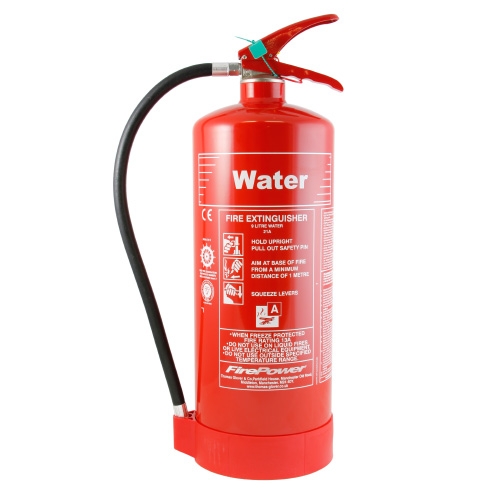
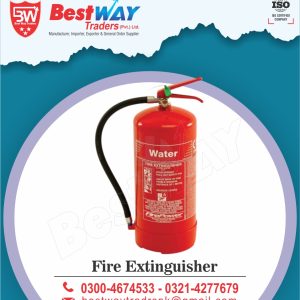
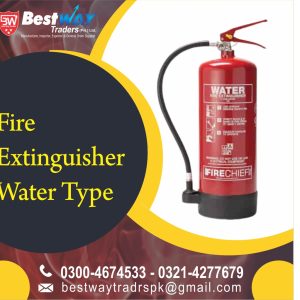
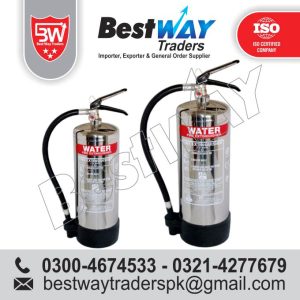
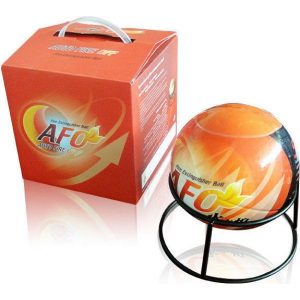
Reviews
There are no reviews yet.